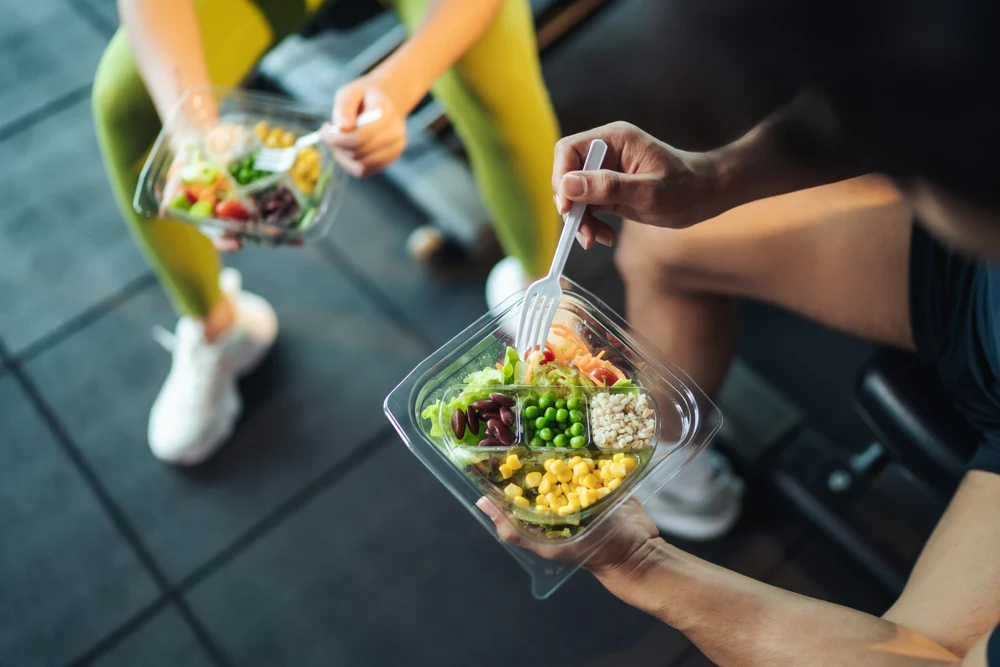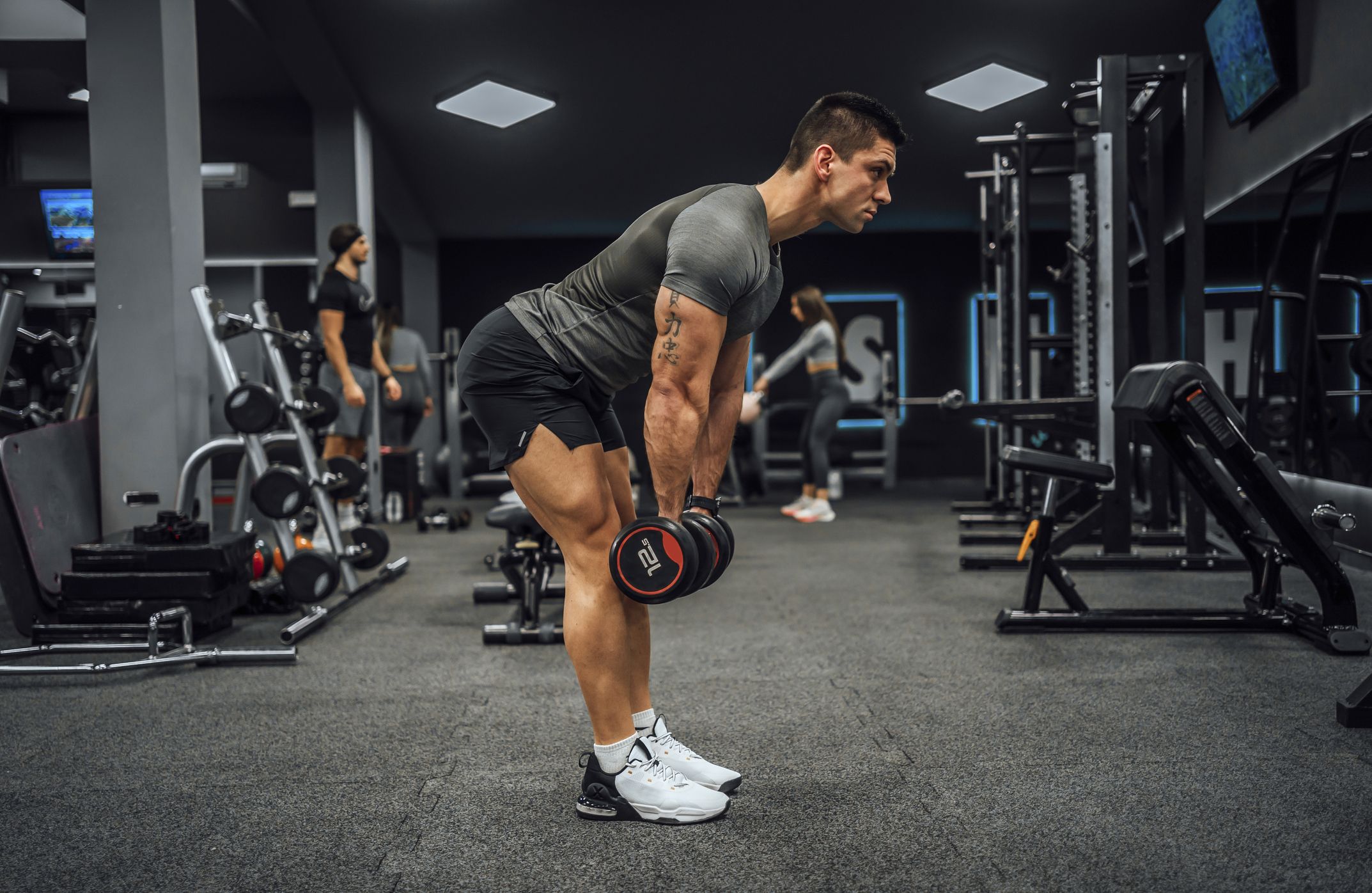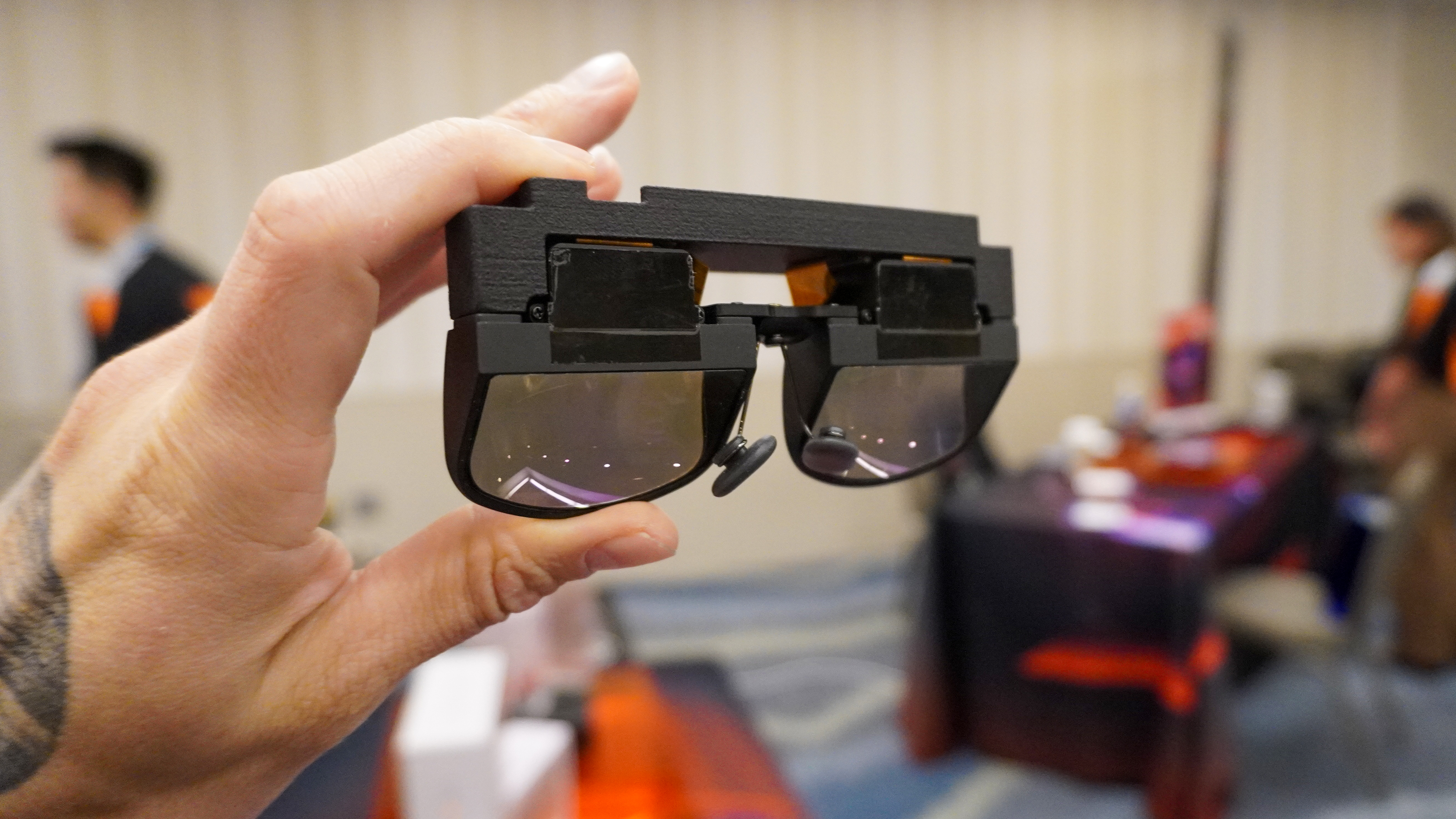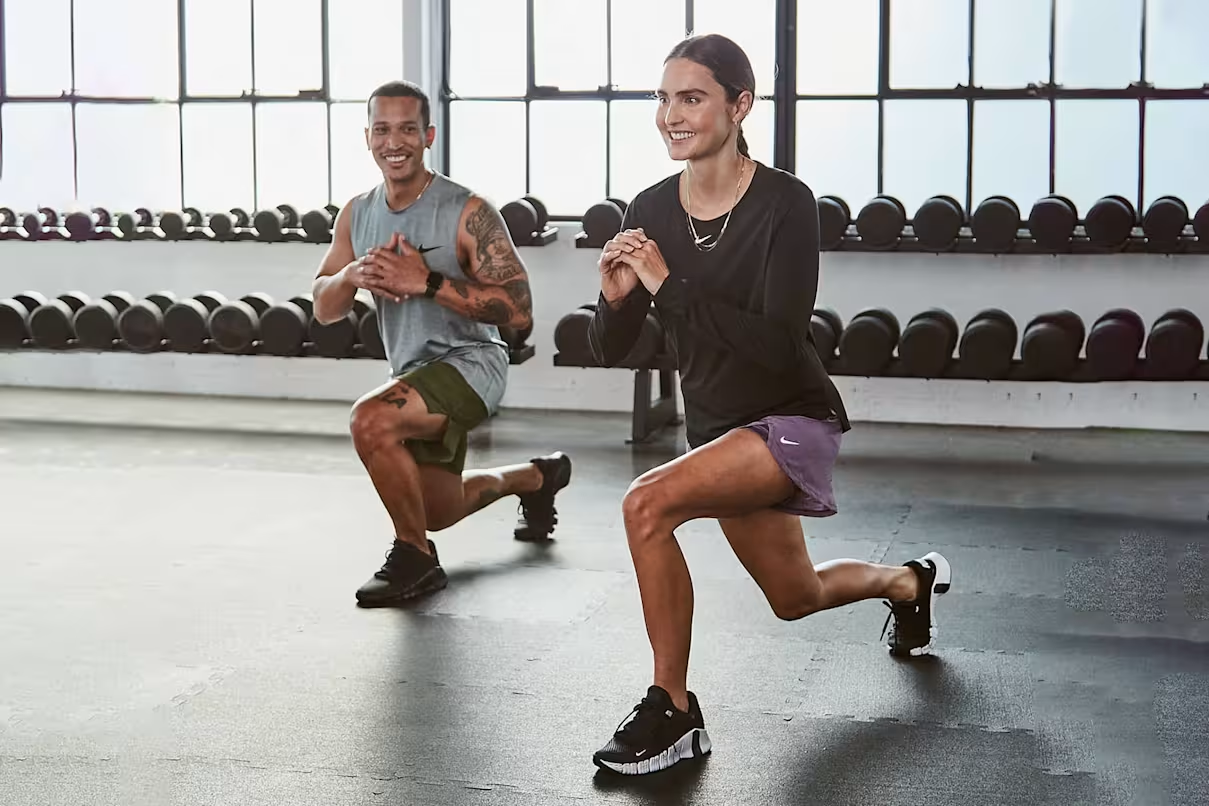Post-Workout Nutrition: How to Recover Right
After a workout, your body enters recovery mode. Muscles are repairing, glycogen stores are depleted, and your system is primed to absorb nutrients.

Recent Blogs
- 10 Natural Remedies for Glowing Skin
- Designing Interiors with Mood in Mind
- Off-Bike Workouts for On-Bike Results
- Top 10 Travel-Friendly Drones for Capturing Stunning Aerial Footage in 2025
- The Ultimate Guide to Choosing the Best Football Shoes
- Top Ingredients to Look for in Skincare Products
- Understanding Macronutrients: Protein, Carbs, and Fats Explained
September 25 03
After a workout, your body enters recovery mode. Muscles are repairing, glycogen stores are depleted, and your system is primed to absorb nutrients. That’s why post-workout nutrition is just as important as the workout itself—it can significantly impact muscle growth, recovery time, and overall performance.
Let’s break down how to refuel your body effectively after exercise.
Why Post-Workout Nutrition Matters
- Replenishes glycogen (energy stores) lost during activity
- Promotes muscle repair and growth with protein
- Reduces muscle soreness and fatigue
- Supports immune function and recovery
- Prepares your body for the next session
Skipping this step can delay recovery, weaken performance, and leave you feeling sluggish or sore longer than necessary.
The Post-Workout Window: When to Eat
Ideally, eat within 30–60 minutes after finishing your workout. This is when your muscles are most receptive to nutrients—especially carbohydrates and protein.
If you’re not hungry immediately after, a light snack or shake can tide you over until your next meal.
What to Eat After a Workout
1. Protein (10–30g)
- Helps rebuild and repair muscle tissue
- Triggers muscle protein synthesis
- Supports lean muscle gain and recovery
Best sources:
- Chicken, turkey, eggs
- Fish (like salmon or tuna)
- Greek yogurt or cottage cheese
- Whey or plant-based protein shakes
- Tofu, lentils, or tempeh
2. Carbohydrates (20–60g)
- Restore depleted glycogen stores
- Improve recovery and energy levels
- Support insulin response, which helps shuttle nutrients to muscles
Best sources:
- Brown rice, quinoa, sweet potatoes
- Whole grain bread or wraps
- Fruit (banana, berries, apple)
- Oats or whole-grain cereals
3. Fluids and Electrolytes
- Replace fluids lost through sweat
- Maintain hydration for muscle function
- Help prevent cramps and fatigue
Sources:
- Water (add lemon or cucumber for taste)
- Coconut water
- Electrolyte drinks (low in sugar)
- Salted snacks or meals for sodium replacement
Ideal Post-Workout Meals
Strength Training or HIIT Recovery
- Grilled chicken, brown rice, and veggies
- Protein smoothie with banana and oats
- Turkey sandwich on whole grain bread
- Eggs, avocado, and toast
Endurance or Cardio Recovery
- Salmon with sweet potato and greens
- Yogurt with fruit and granola
- Rice bowl with lean beef and stir-fried vegetables
- Smoothie with protein, berries, and almond milk
Post-Workout Snack Ideas (if on the go)
- Protein bar (low sugar, high protein)
- Greek yogurt and a banana
- Cottage cheese with pineapple
- Chocolate milk (a classic recovery option)
- Nut butter on whole grain toast
What to Avoid After a Workout
- High-fat meals: Delay digestion and slow nutrient absorption
- Sugary snacks or drinks: May spike insulin but lack recovery nutrients
- Skipping meals: Slows down recovery and can lead to energy crashes
Supplement Considerations
Some athletes use supplements to enhance recovery:
- Whey protein: Quick-digesting, ideal after workouts
- Creatine: Supports muscle recovery and strength over time
- BCAAs (Branched-Chain Amino Acids): May reduce soreness
- Carb powders or electrolyte mixes: Useful for endurance athletes
Whole foods are typically best, but supplements offer convenience when needed.
Recovery Isn’t Just About Food
While post-workout nutrition is key, other factors also help:
- Sleep: Crucial for muscle repair
- Stretching and mobility: Reduces tightness and aids flexibility
- Active recovery: Light movement like walking or yoga can help circulation
- Rest: Balance training with downtime for full recovery
Final Thoughts
What you eat after a workout directly affects how you feel and how quickly you bounce back. The right mix of protein, carbs, and fluids can speed up recovery, reduce soreness, and help you get stronger over time. Don’t overlook this part of your fitness routine—make your meals work as hard as you do.
Comment:
Your email address will not be published. Required fields are marked *
Our Top Picks
No products found.








